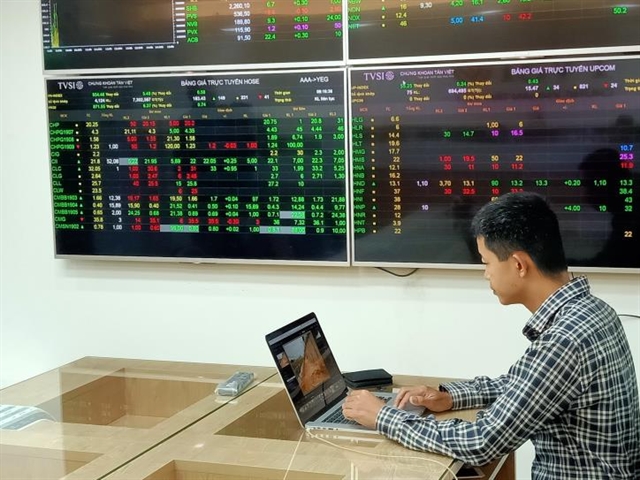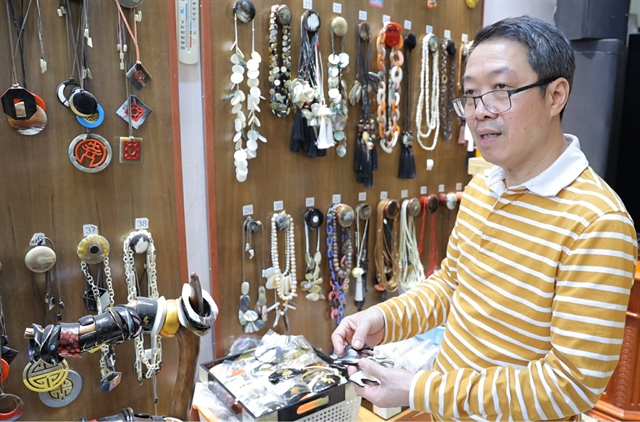 Economy
Economy


|
| Illustrative image (Source: Photo: Genetica) |
HÀ NỘI — The COVID-19 pandemic, which has touched every aspect of society, has failed to cool down the startup and innovation spirit but, on the contrary, created major influence, contributing to economic development and recovery, according to insiders.
Việt Nam’s booming startup and innovation environment is attributable to efforts by the Government and relevant ministries, sectors and communication agencies, especially the Vietnam National Innovation Centre (NIC) under the Ministry of Planning and Investment, they said.
In an interview with the Vietnam News Agency (VNA), Nguyễn Thị Ngọc Dung, a representative from NIC, said domestic enterprises were aware of innovation, particularly following the pandemic fight.
The centre has brought together more than 1,000 Vietnamese experts who are working at well-known universities and research institutes globally, and connected nearly 100 venture capital funds across the world with startups in the local innovation ecosystem.
Dung took Genetica, a US-based medtech startup that mainly provides its services in Southeast Asia, as an example. The firm announced in October 2021 that it would develop the largest gene sequencing centre in the region, located at NIC, with an annual capacity of 500,000 genomes.
Genetica’s founders graduated from leading US universities, said Dung, who has worked to persuade the firm to set up its Southeast Asian headquarters in Việt Nam.
Cao Anh Tuấn, Genetica Co-founder and CEO, said his firm initially picked Singapore to open the centre in, but later selected Việt Nam instead after his first meeting in the US with Minister of Planning and Investment Nguyễn Chí Dũng who assured him that the Vietnamese Government would create the best possible conditions for scientists returning home from the US.
The Genetica centre at the NIC building is designed to the standard of US-based labs, the most rigorous for genetic testing in the world. Accordingly, Việt Nam will be one of very few Southeast Asian countries running CAP (College of American Pathologists) and CLIA (Clinical Laboratory Improvement Amendments) standard genetic testing laboratories.
More importantly, Genetica's gene sequencing results are accepted worldwide, allowing users to decode once and apply for a lifetime.
Last year, Việt Nam ranked 44th on the global innovation index. The country's startup ecosystem also claimed the 59th position out of 100 countries. Việt Nam has been ranked third by international organisations in the group of the three most dynamic innovative startup ecosystems in Southeast Asia, only after Indonesia and Singapore.
Dung suggested changes in the mindset of policymaking and the adaptation of new business models and new technologies as innovation and startup is intended to create breakthroughs that can influence the society.
Tuấn also emphasised three factors to the development, innovation and creation of startups, namely human resources, connectivity with mentors and partnerships with support networks (peer coaching).
Despite such encouraging results, Việt Nam’s innovation environment still needs to be consolidated, according to experts. Cooperation between stakeholders will continue to create opportunities for domestic businesses to connect, utilise and boost financial strength, improve knowledge and human resources, and create products, services and useful development platforms for the community. — VNS